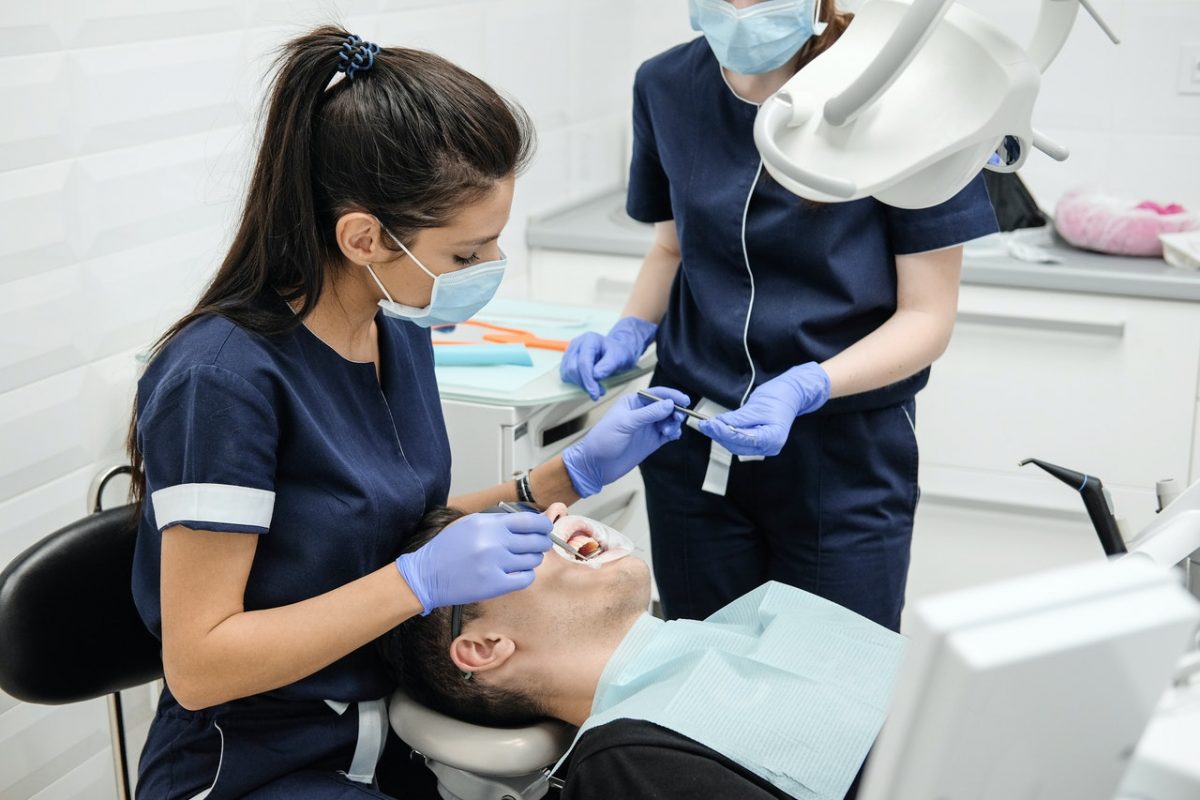
No matter how meticulously we take care of our teeth, there will always be instances where they get infected and decay unknowingly. Most people who experience constant pain in an infected tooth may need to visit a dentist. However, what if the cavity is too deep and a simple amalgam dental filling can’t solve it?
Root canal treatment is the next best option for people suffering from tooth decay infection. It is a procedure designed to eliminate the bacteria from the infected root canal to prevent further infection and reinfection of the affected tooth. Dentists remove the inflamed or infected pulp while making sure the insides are thoroughly cleaned and disinfected. After which, the cavity is filled and sealed to prevent microbes from reinfecting it.
What to Do After a Root Canal Treatment?
Our mouth is a vulnerable place, quite susceptible to infection, as most bacteria entering the human body goes through it. The discomfort after the treatment is minimal. However, unlike a wisdom tooth removal procedure, it may need a few days to recover fully. Most dentists will prescribe their patients Ibuprofen or other pain relievers. Patients should take them as prescribed, even if they aren’t in any pain, as it helps with reducing the inflammation.
1. Avoid Tough and Hot Foods
After a root canal procedure, patients may experience numbing on the affected area in their mouth. But as soon as the numbing medication subsides, they may experience bearable pain. During this time, it is essential to avoid foods that are too tough or hot. Eating hot foods may put you at risk of burning your mouth. Meanwhile, tough foods may cause pain upon biting down. For the rest of the day, patients should stick with soft foods, such as soups or salads.
2. Avoid Chewing on the Affected Side of the Mouth
Aside from avoiding harsh and hot foods, also avoid chewing on the affected side of the mouth. If you can chew on the opposite side, for now, it’s much better. The procedure’s area should be left untouched for a few days to prevent inflammation and pain.
3. Avoid Brushing Too Hard
Brushing too hard may irritate the affected area. The bristles rubbing against the affected gums can cause pain and promote further inflammation. If you can temporarily switch to a soft-bristled brush, then it might be better. As soon as the area heals, you can switch back to your old brushing habits right away.
4. Avoid Skipping Prescribed Medications
Dentists prescribe medications for a reason. As the patient, it is your responsibility to take them as given to avoid further complications. If possible, continue consuming the medicines even if the affected area isn’t painful or inflamed anymore.
5. Avoid Skipping Dental Appointments After
If your dentist asks you to come back after a week, then you must abide by it. Dental appointments after a root canal treatment are meant to check on the tooth’s integrity and the treatment’s effectiveness. If there are complications, dental work can potentially prevent it from spreading further.
Conclusion
Overall, a root canal treatment is a procedure with little to no side effects or downtime. However, there may be instances where complications may occur. But as long as you’re following the dentist’s orders, then your road to healing should be consistent and finished in no time.
We only want the best for our families. Choosing a dental clinic with a family dentist you can trust is essential in keeping our smiles from fading. Ivy Rose Family Dentistry offers standard dental procedures, such as root canal and crown installations, and more. Visit our website to learn more on how to keep a great smile.

